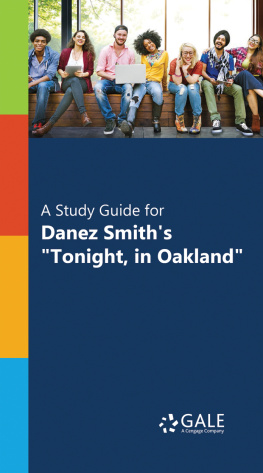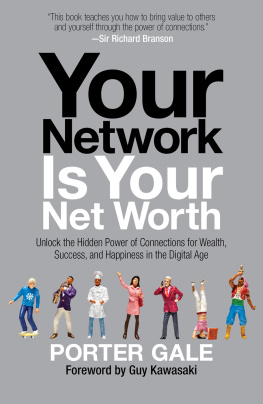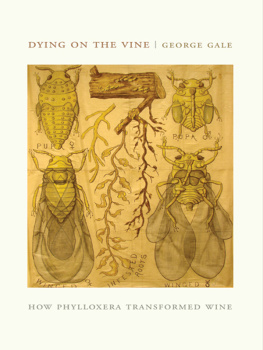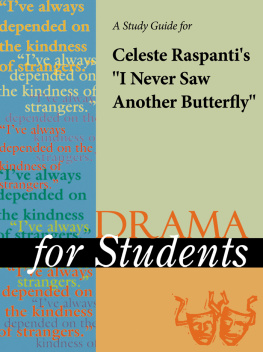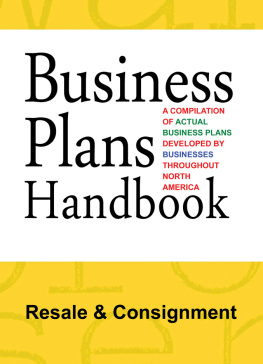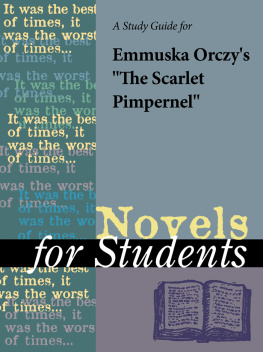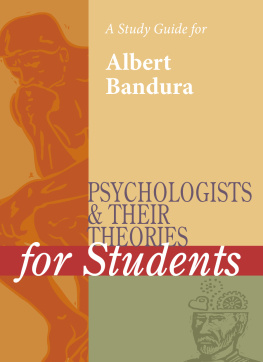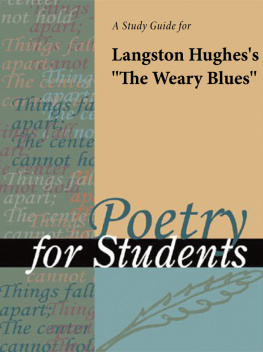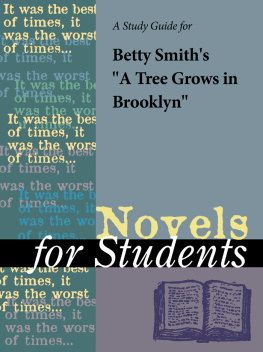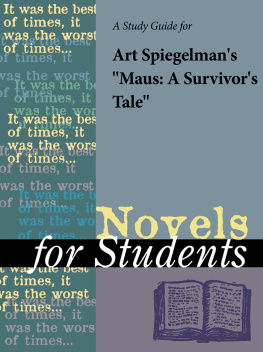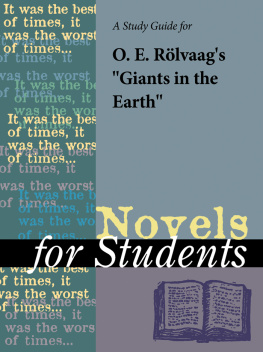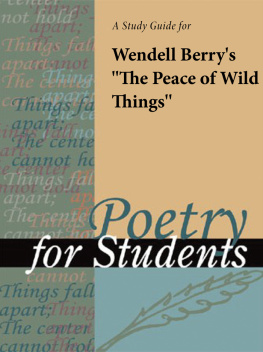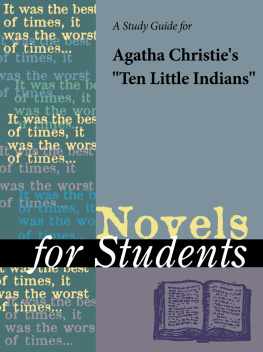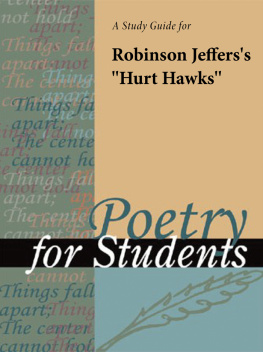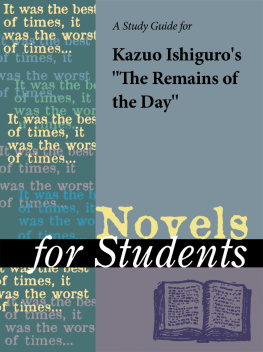TABLE OF CONTENTS
Guide
Poetry for Students, Volume 59
Project Editor: Kristen A. Dorsch
Rights Acquisition and Management: Ashley Maynard, Carissa Poweleit
Composition: Evi Abou-El-Seoud
Manufacturing: Rita Wimberley
Imaging: John Watkins
Gale, A Cengage Company
ALL RIGHTS RESERVED. No part of this work covered by the copyright herein may be reproduced, transmitted, stored, or used in any form or by any means graphic, electronic, or mechanical, including but not limited to photocopying, recording, scanning, digitizing, taping, Web distribution, information networks, or information storage and retrieval systems, except as permitted under Section 107 or 108 of the 1976 United States Copyright Act, without the prior written permission of the publisher.
Since this page cannot legibly accommodate all copyright notices, the acknowledgments constitute an extension of the copyright notice.
For product information and technology assistance, contact us at Gale Customer Support, 1-800-877-4253.
For permission to use material from this text or product, submit all requests online at www.cengage.com/permissions.
Further permissions questions can be emailed to permissionrequest@cengage.com
While every effort has been made to ensure the reliability of the information presented in this publication, Gale, A Cengage Company, does not guarantee the accuracy of the data contained herein. Gale accepts no payment for listing; and inclusion in the publication of any organization, agency, institution, publication, service, or individual does not imply endorsement of the editors or publisher. Errors brought to the attention of the publisher and verified to the satisfaction of the publisher will be corrected in future editions.
Gale
27500 Drake Rd.
Farmington Hills, MI, 48331-3535
ISBN-13: 978-1-4103-6563-7
ISSN 1094-7019
This title is also available as an e-book.
ISBN-13: 978-1-4103-9311-1
ISBN-10: 1-4103-9311-1
Contact your Gale, A Cengage Company sales representative for ordering information.
Printed in Mexico
1 2 3 4 5 6 7 22 21 20 19 18
Tonight, in Oakland
Danez Smith
2017
Introduction
Danez Smith's poem Tonight, in Oakland, from the 2017 collection Don't Call Us Dead, takes place on a night of celebration of the self in a world where, for one day, guns do not exist. The speaker, a gay African American man elated to have survived another day without being shot and killed, rides his bike across the city to meet his lover. On the way, he calls out to God in praise of the city he loves, begging him to preserve the peace. The police pray to their own God, while the prisons are turned to fields of flowers, and the speaker shouts his joy to the stars in the sky in the hope of becoming one. A stylistic tour de force, the poem embraces self-love as well as love of the universe despite its flaws. The world does not have to be perfect to be worshiped, and neither do the poem's African American men. Smith emphasizes the beauty of life as well as its fragility in Tonight, in Oakland.
Author Biography
Smith, who uses the pronoun they, was born in St. Paul, Minnesota, in 1992. They earned a bachelor's degree from the University of Wisconsin-Madison and a master of fine arts degree from the University of Michigan. They were a featured poet and performer at Nuyorican Poets Cafe, Split This Rock Festival, FAMU Younger Poets Series, Brave New Voices, and Queer Contact Festival. Smith was a finalist in the 2011 Individual World Poetry Slam and in 2014 was a member of the championship team the Sad Boy Supper Club.
Smith's first chapbook of poetry, hands on ya knees, was published in 2013, followed by their first collection [insert] boy, in 2014, and black movie in 2015. Tonight, in Oakland, a poem inspired by the days of unrest in Ferguson, Missouri, following the shooting of Michael Brown, is included in Don't Call Us Dead (2017), which received widespread critical praise for its pertinence to today's national debate on police brutality.
Smith's awards include a Lambda Literary Award for Gay Poetry for [insert] boy, the Button Poetry Prize for black movie, a Kate Tufts Discovery Award, a McKnight Foundation Fellowship, a Cave Canem Fellowship, a Voices of Our Nation Fellowship, a Poetry Foundation Fellowship, a Ruth Lilly & Dorothy Sargent Rosenberg Fellowship, and a Paris American Reading Series Prize. They are a 2017 National Endowment of the Arts Fellow. Their work has been published in Poetry, BuzzFeed, Ploughshares, Blavity, Kinfolks, and Beloit Poetry Journal. They are a founding member of Dark Noise Collective and in 2014 served as festival director for the Brave New Voices International Youth Poetry Slam.
Poem Summary
The text used for this summary is from Don't Call Us Dead, Graywolf Press, 2017, pp. 7980. A version of the poem can be found on the following web page: https://www.poetryfoundation.org/poems/58027/tonight-in-oakland.
Tonight, in Oakland begins with the speaker announcing that he does not want to sing a blues song. Flowers and plums fall from his mouth when he speaks. He wants to use his voice to make the sky into a lush garden. There has been no rain this year, but the speaker asks God for rain and honey, too. Without rain, the speaker looks for men instead.
The speaker rides his bicycle to meet his lover, declaring that tonight is not a night of prayer but of movement. In the east, two men face each other dressed in the potential for violence, but the speaker begs God to let them dance instead. Tonight, there are no guns, and the police beg their God for mercy for their sins. No one will be buried tonight. God is just a man with painful joints and a brother in prison. Prison transforms into a field of yellow tulips where prisoners dance. Tonight, everyone is noble. The ground on which two people stand becomes the site of two ageless spirits reuniting.
The speaker wants to yell his name to the sky until he becomes a star. He loves God and Oakland. When he reaches his lover, he will tell him he is still alive. He has not been shot and killed on this day. His lover will tell the speaker he wants to make love the way police take black lives: without warning and unarmed.
Themes
God
The speaker of Tonight, in Oakland addresses God directly in the poem. He asks that the two men facing off in the streets in the east will dance instead of drawing blood. The night is peaceful in part because the police are busy with their own God, asking to be forgiven for their sins. The speaker's God is not a God of death but of life. He is not the God of an easy life, however. This God has a brother in prison and a limp, but the speaker loves him dearly.
In the poem, God is flawed as well as personal. There is a deep spirituality in the text as the speaker ponders life, love, and death. The speaker is friends with God even as he worships him. Unlike the police, the speaker does not feel guilt. He begs God not for forgiveness but for peace, and for one miraculous night, his wish is granted. The speaker has found his own spiritual strengthhe is his own lord as well as one of the stars. He has found the beauty in the world and created God in his image. God's brother is incarcerated, but through the power of the night, prisons become tulip fields. The speaker's God is at once human and divine, much like the speaker himself.

